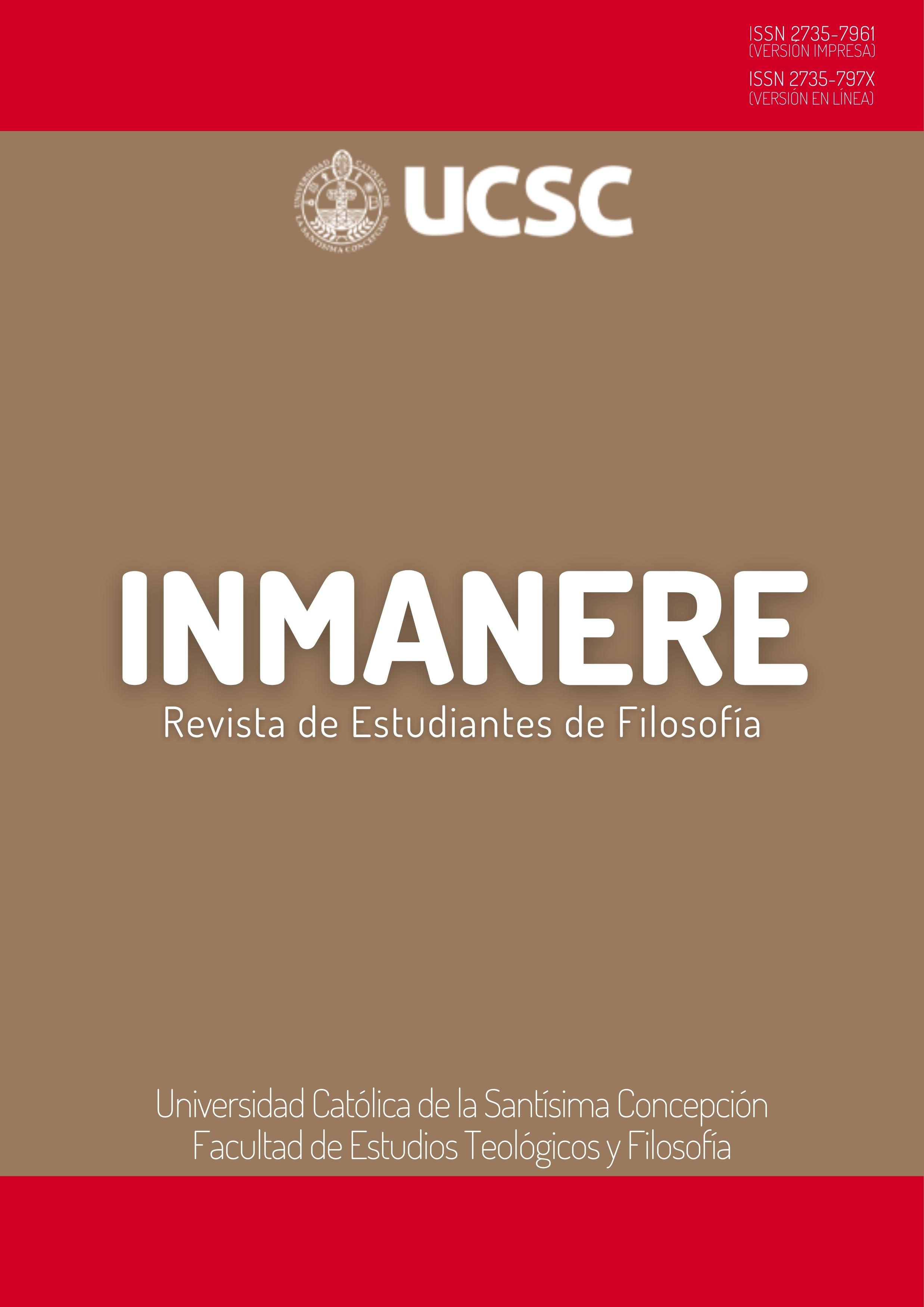Saint Agustine and Heidegger: philosophies of the search for self
Main Article Content
Abstract
This paper pretends to connect the thoughts of San Agustin of Hippo (2010) and Martin Heidegger (1997, 2009, 2012). recalling the influence of the Hiponense on the German philosopher. This is possible due to two fundamental elements in both authors: the conception of time and the importance of going to the inside world as one of the great existential concerns. Therefore, emphasis will be placed on the similarities and differences of these two philosophies in terms of what has already been described. Additionally, the different ways of reaching the same conclusion will be shown: temporality is essential to start the most important search, the search of self.
Article Details
Section

This work is licensed under a Creative Commons Attribution-NonCommercial 4.0 International License.
The work is licensed under a Creative Commons Attribution 4.0 International License. This license allows sharing and adaptation of the material in any medium or format, even for commercial purposes. Proper attribution must be given, including a link to the license and indicating any changes made to the material. No additional restrictions may be applied that legally limit others from exercising the permissions granted by the license.
How to Cite
References
Heidegger, Martin (1997) Estudios sobre mística medieval (trad. Jacobo Muñoz). Fondo de Cultura Económica.
Heidegger, Martin (2002) Interpretaciones fenomenológicas sobre Aristóteles. Indicación de la situación hermenéutica [Informe Natorp] (ed. y trad. por Jesús Adrián Escudero). Trotta.
Heidegger, Martin (2009) Ser y tiempo (trad. Jorge E. Rivera). Trotta.
Heidegger, Martin (2012) El concepto de tiempo (trad. Jesús Adrián Escudero). Herder.
Sánchez, Hugo (2014) El interrogante sobre el tiempo en San Agustín. Revista Mayéutica, 40, 67-126.
San Agustín (2010) Confesiones (intr., trad. y notas por Alfredo Encuentra Ortega). Gredos.
Uña, Agustín (2001) San Agustín: interioridad, reflexividad y certeza. Universidad Complutense de Madrid. Revista Española de Filosofía Medieval, 8, 31-52.
Vélez, Germán (2010) Heidegger y San Agustín: tres consideraciones fenomenológico- hermenéuticas sobre la antinomia del olvido. Universidad EAFIT. Revista Co-herencia, 7 (12), 181-198.




